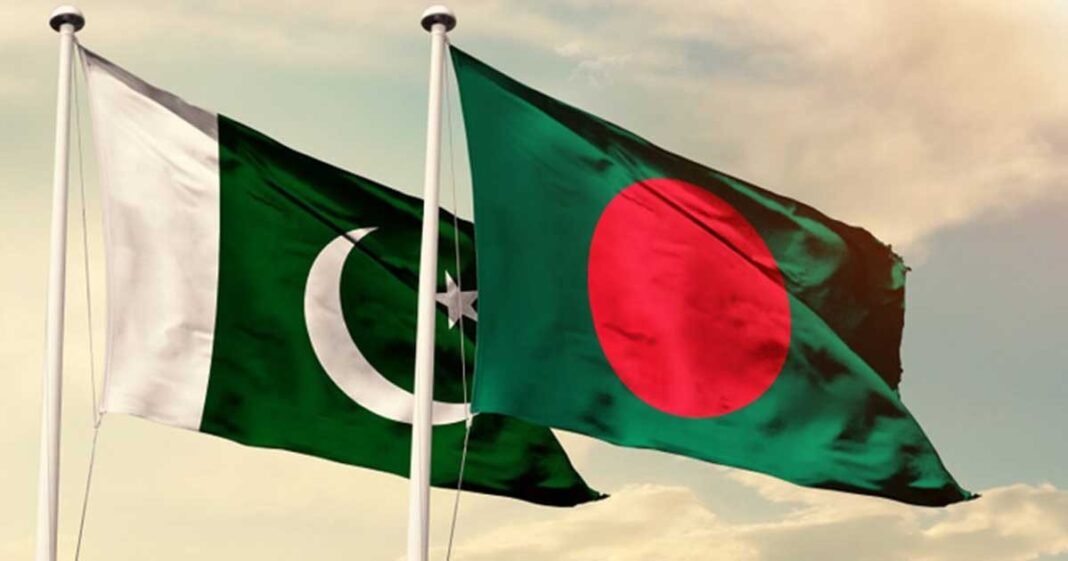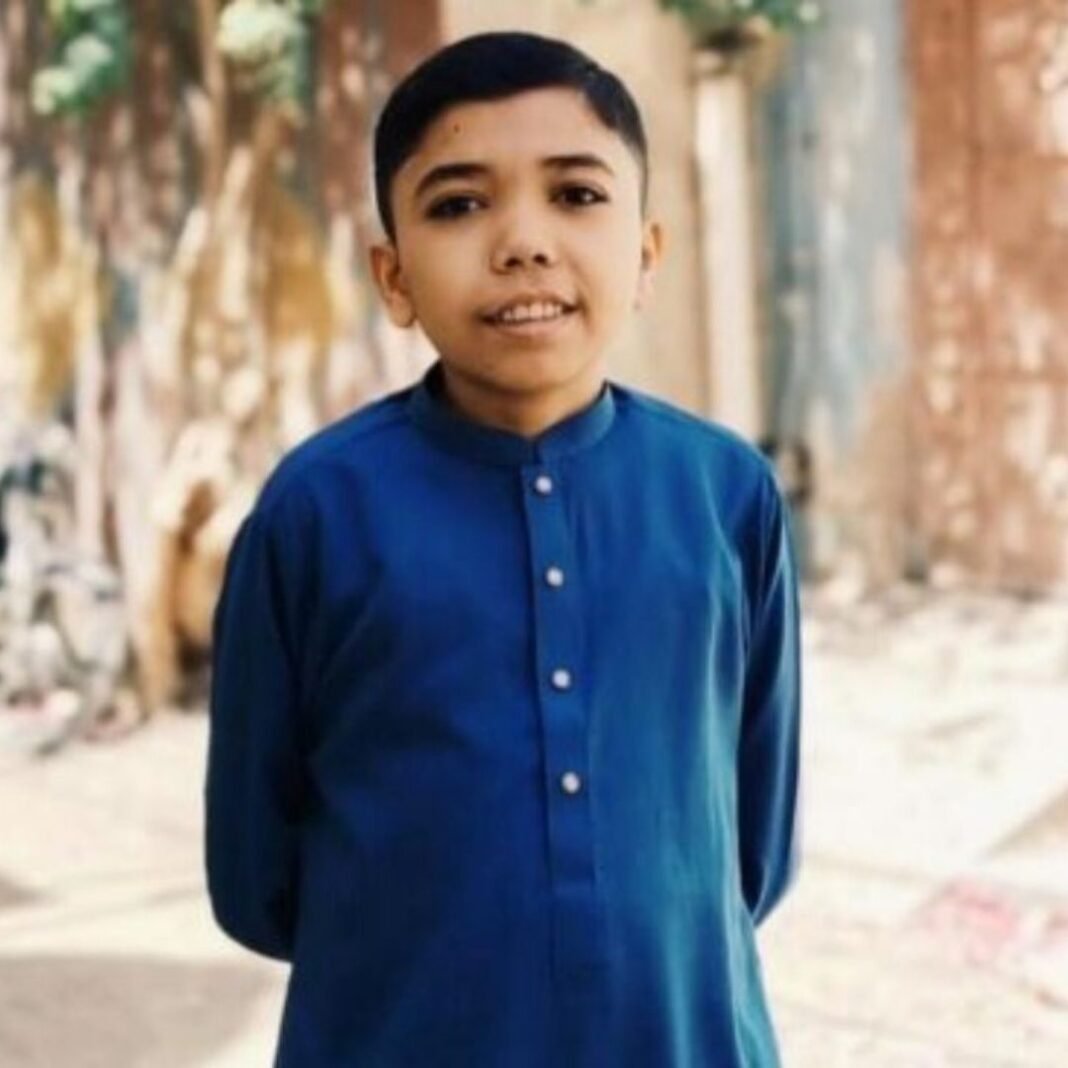Ishaq Dar’s Landmark Visit to Dhaka: A New Chapter in Pakistan–Bangladesh Relations
Dhaka — In what is being hailed as a turning point in South Asian diplomacy, Pakistan’s Deputy Prime Minister and Foreign Minister Ishaq Dar has wrapped up a landmark visit to Bangladesh. His meetings with key leaders across the political spectrum, including Prime Minister Sheikh Hasina, have signaled a renewed commitment to improving ties between the two nations — relations that have long remained overshadowed by historical complexities.
Diplomatic Breakthrough
Dar’s visit, the first high-level Pakistani trip to Dhaka in years, was marked by a deliberate tone of reconciliation. Arriving in Bangladesh’s capital with a full diplomatic delegation, he was received with ceremonial warmth, reflecting a willingness from Dhaka to reciprocate Islamabad’s overtures.
During a series of formal talks with Sheikh Hasina and her cabinet members, discussions revolved around trade expansion, investment opportunities, cultural exchange, and regional stability. Notably, Dar also held separate sessions with opposition figures, underscoring Pakistan’s intent to engage with Bangladesh’s diverse political voices rather than limiting dialogue to government circles alone.
Speaking to reporters after his engagements, Dar stated:
“We are here to rebuild trust. Our history is shared, our geography unchangeable, and our future must be one of cooperation. Pakistan seeks partnership, not distance, with Bangladesh.”
Trade and Economic Agenda
One of the strongest themes of Dar’s visit was economic cooperation. Bilateral trade between Pakistan and Bangladesh stands at less than $1 billion annually — far below potential, given both nations’ sizable populations and complementary industries.
- Pakistan expressed interest in joint ventures in textiles, leveraging Bangladesh’s global competitiveness in garment exports.
- Dhaka was encouraged to explore Pakistani pharmaceuticals, agricultural goods, and IT services, where Pakistan has growing expertise.
- Discussions also highlighted direct shipping lines and aviation routes to improve connectivity. Currently, the lack of direct links forces businesses and travelers to rely on costly and time-consuming third-party routes.
Dar emphasized:
“Connectivity is prosperity. By opening trade corridors and aviation routes, we will make it easier for our businesses, students, and families to interact. Distance should not be a barrier in today’s interconnected world.”
Strategic & Regional Cooperation
The dialogue extended beyond economics. South Asian security, climate change, and regional alliances were firmly on the agenda. Dar called for renewed strength within SAARC (South Asian Association for Regional Cooperation) — an institution that has been dormant due to political rifts between member states.
“South Asia has immense potential. Yet, for decades, it has been held back by divisions. Pakistan and Bangladesh, by working together, can inject new life into SAARC and set an example of cooperation for the region,” Dar remarked.
The Pakistani delegation also raised the idea of collaboration in energy security, including renewable energy partnerships and cross-border electricity trade — an area where Bangladesh has been actively investing.
Symbolism of the Visit
Analysts describe the visit as symbolically powerful. Relations between Islamabad and Dhaka have often been strained due to the painful memories of 1971 and political hesitations thereafter. While Pakistan officially recognized Bangladesh soon after its independence, ties have not always been smooth, with phases of diplomatic silence punctuated by occasional outreach.
Dar’s decision to not only meet the government but also opposition parties highlights a broader approach. By widening dialogue, Pakistan signals that its foreign policy toward Dhaka is not tied to the tenure of one political party but is intended to be long-term and people-centric.
Bangladesh’s Perspective
Bangladesh, now one of the fastest-growing economies in Asia, stands at a unique juncture. As it continues to deepen ties with India, China, and the West, Dhaka also sees potential in diversifying partnerships. Local Bangladeshi media reported that the reception given to Dar reflected an openness to cooperation without compromising existing alliances.
A senior Bangladeshi political figure, speaking to local journalists, said:
“Our relations with Pakistan have seen ups and downs. But the younger generation looks ahead, not behind. Trade, education, and cultural exchanges are areas where both sides can benefit.”
People-to-People Diplomacy
Dar also emphasized cultural and educational exchanges. He announced Pakistan’s readiness to offer scholarships for Bangladeshi students in fields like medicine, engineering, and IT, while also proposing cultural delegations and student exchange programs.
“When our youth study, travel, and create together, barriers fall away. This is how we build bridges stronger than politics,” he said.
Such soft diplomacy initiatives are expected to create a foundation for long-term friendship, bypassing political ups and downs.
Looking Forward
The visit concluded with agreements to establish working groups on trade, education, culture, and connectivity. Both sides also hinted at the possibility of high-level reciprocal visits in the near future.
For Pakistan, this trip marks an important step in breaking regional isolation and seeking allies beyond traditional alignments. For Bangladesh, it offers an opportunity to expand its influence in South Asia by opening new channels of cooperation.
In his closing statement, Ishaq Dar remarked:
“This visit is not an end but a beginning. Pakistan extends its hand to Bangladesh, not only for cooperation today but for generations to come. Our two nations must move forward together — with respect, with friendship, and with vision.”



